Question And Answer
Publications
Articles, publications, books, tools and multimedia features from the U.S. Institute of Peace provide the latest news, analysis, research findings, practitioner guides and reports, all related to the conflict zones and issues that are at the center of the Institute’s work to prevent and reduce violent conflict.
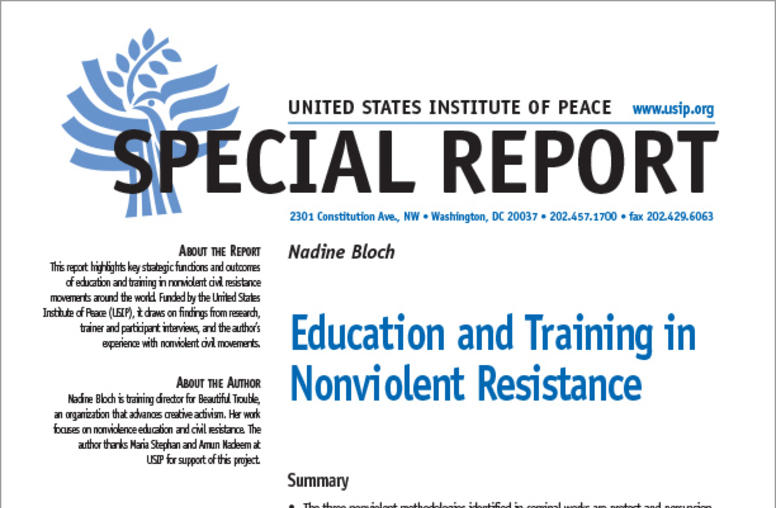
Education and Training in Nonviolent Resistance
Civil society around the world has demonstrated the ability to bring about change without violence. Critical to civil society’s success is preparing communities to undertake safe and strategic nonviolent action (NVA) movements. Previous research on NVA has focused on three broad methodologies: protest and persuasion, noncooperation, and intervention. This Report contributes to the knowledge on NVA by highlighting key strategic functions and outcomes of education and training–a fourth and crit...
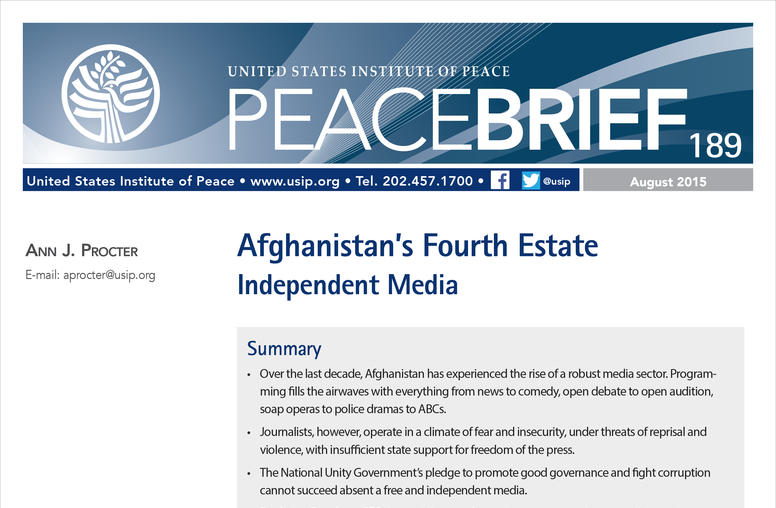
Afghanistan’s Fourth Estate: Independent Media
Afghanistan’s media have evolved at warp speed since the fall of the Taliban in 2001, yet being a journalist remains an extremely dangerous occupation, as many have been killed and still more threatened with violence if they persist in their work. The growth of Afghanistan’s democracy depends on a functioning media. This report examines the situation and offers paths forward to making Afghanistan safer for journalism.
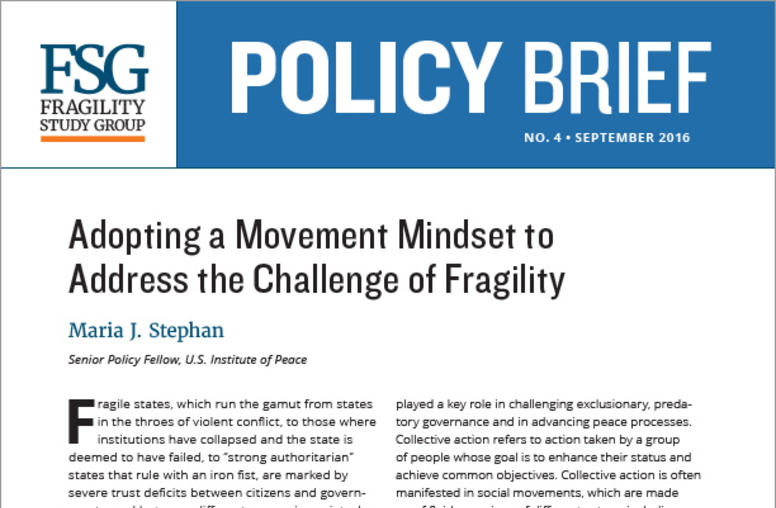
Adopting a Movement Mindset to Address the Challenge of Fragility
The Fragility Study Group is an independent, non-partisan, effort of the Carnegie Endowment for International Peace, the Center for a New American Security and the United States Institute of Peace. The chair report of the study group, U.S. Leadership and the Challenge of State Fragility, was released on September 12. This brief is part of a series authored by scholars from the three institutions that build on the chair report to discuss the implications of fragility on existing U.S. tools, st...
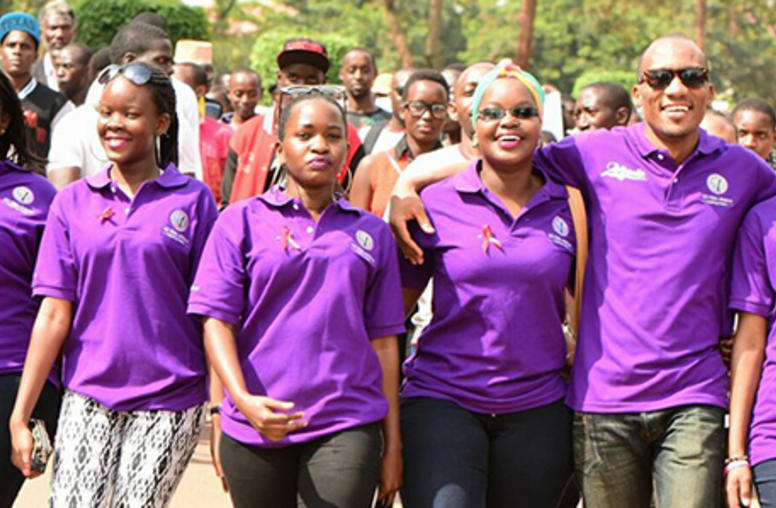
What it Takes: Youth Working for Peace and Equality
It was a startling discovery five years ago that prompted then 21-year-old Shubey Nantege of Uganda to found Go Girl Africa. The organization has provided financial literacy skills to 2,500 girls and young women, helping them make positive changes in their lives. Leaders like Shubey illustrate how young people are essential partners in promoting peacebuilding and gender equality, a point worth highlighting today on International Youth Day. The occasion also provides an opportunity to spotlight gaps in international assistance that can be filled to strengthen the role of young people in advancing peace and equality.

Music, Poetry, Film: Shoring Up Identities for Peaceful Ends
A Somali master poet reconnects citizens to their government. A Lebanese filmmaker collects fighters' stories to dramatize the cost of war. Police in Northern Ireland adopt symbols of peace to signal a new ethos. In places simmering with long-standing social tensions and alienation, common cultural understandings can help ease hostility, suggesting a potentially powerful role for a mechanism still under-used in peacebuilding: the arts.
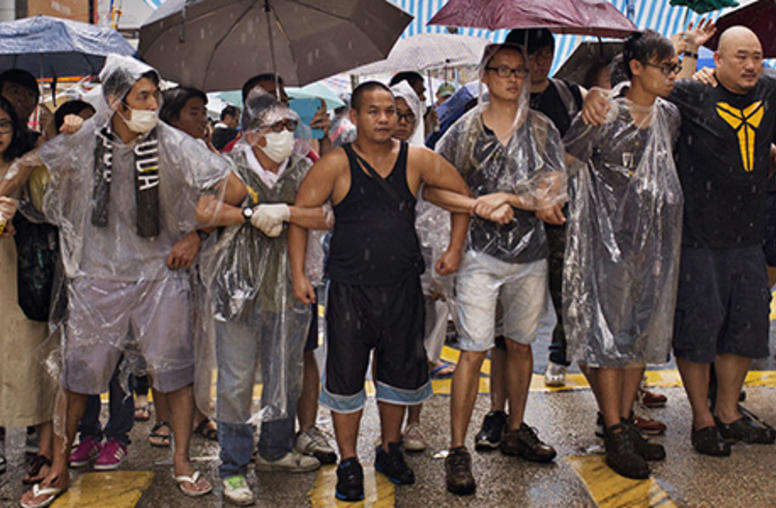
From Conflict in the Streets to Peace in the Society
From Hong Kong’s boulevards and Nairobi’s Uhuru Park to the maidans of Kyiv, Cairo and Tunis, millions of people have massed in recent years to demand greater democracy and transparency from their governments. Dozens of similar campaigns have been fought more quietly. A quarter-century of worldwide growth in such non-violent civil resistance movements has sharpened a question both for their activists and for practitioners of traditional peacebuilding: How can such resistance movements and conflict-resolution work be combined to build more stable, democratic societies?
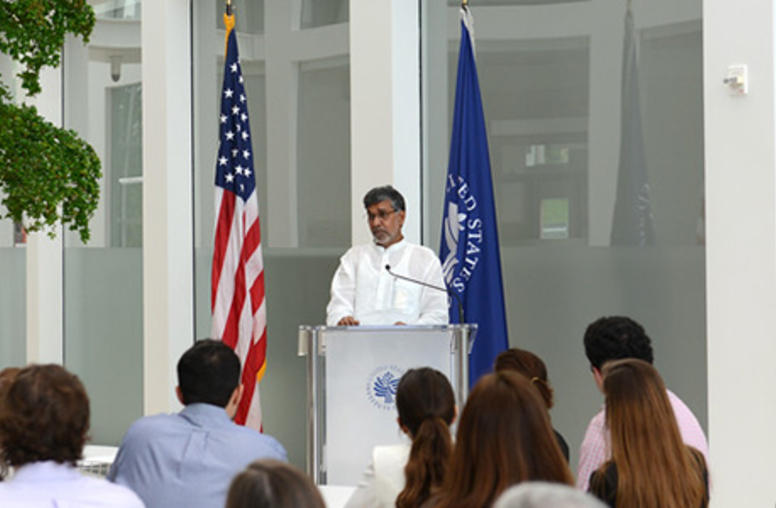
India’s Nobel Winner Takes His Fight for Children Global
Indian children’s rights campaigner Kailash Satyarthi is using his Nobel Peace Prize to build a global campaign to end child labor and enslavement. He outlined his plan at the U.S. Institute of Peace last week in his first visit to the U.S. since receiving the award.
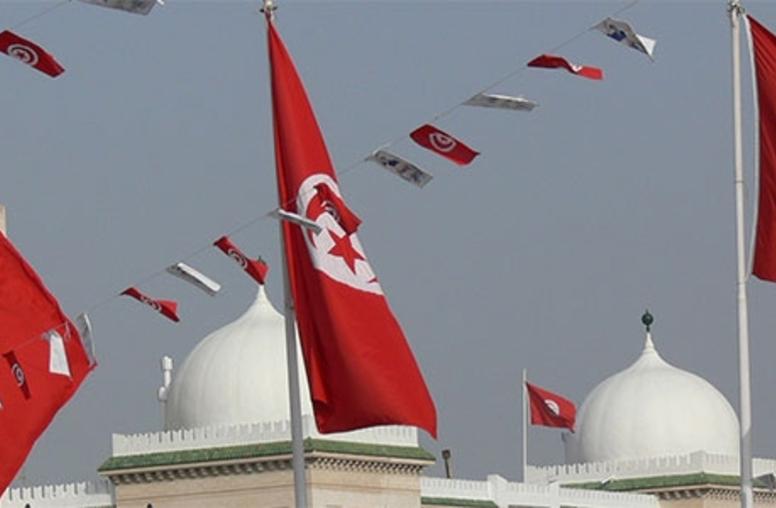
In Tunisia, Economic Crisis Threatens Political Progress
The relative stability of Tunisia’s politics—achieved through a “national dialogue” whose mediators won the Nobel Peace Prize—is largely holding. Within a broad, governing coalition, Islamists, secularists, trade unions and employers all jockey for advantage in the usual democratic ways. But beneath the comparative calm, an economic crisis threatens the political gains of the only country building a democracy from the Arab Spring uprisings of 2011.
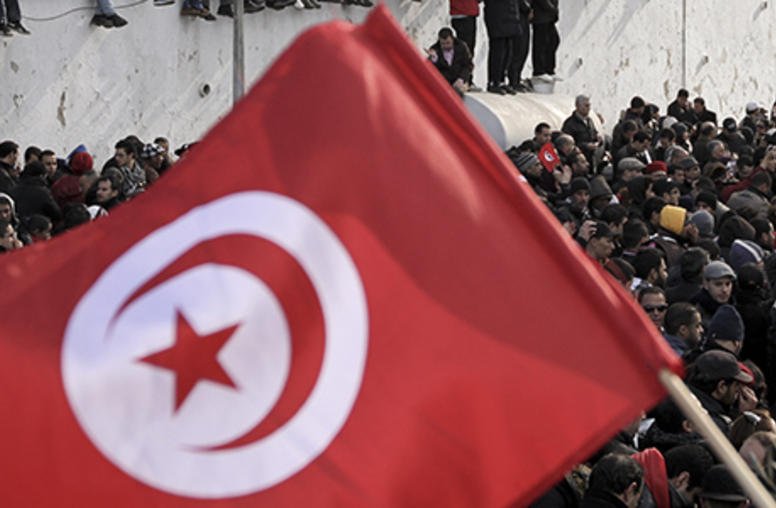
Tunisia’s Revolution: Five Years On, What Lies Ahead
In the wake of the 2011 Arab Spring uprisings, Tunisia stands alone. As other countries in the upheaval have splintered into civil war or returned to dictatorship, Tunisia’s Jasmine Revolution, on its fifth anniversary, remains on a peaceful, democratic path with an elected parliament and coalition government bound by a constitution. At the same time, the specter of a weakening economy, rising violent extremism and an increasingly disillusioned public tugs at the future.
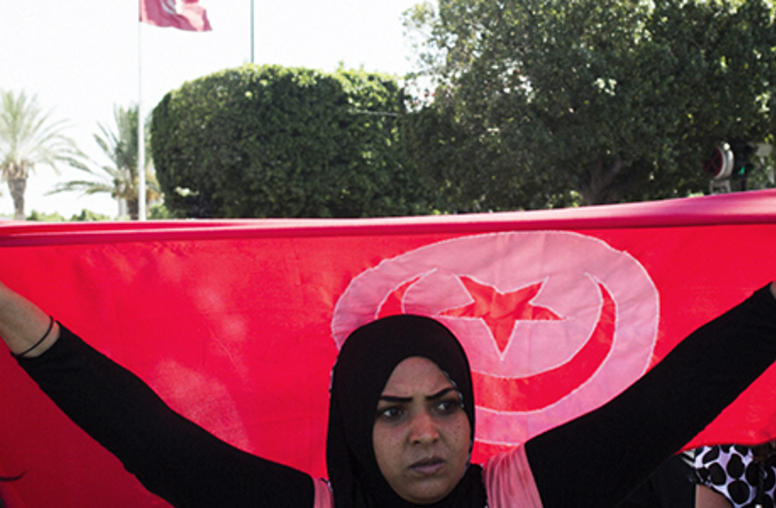
The Peacebuilder’s Field Guide to Protest Movements
Protest movements around the world scored major victories in 2015. But if we want to see real change, international donors need to stop fretting and lend a hand.